1. “Louie Louie” by The Kingsmen
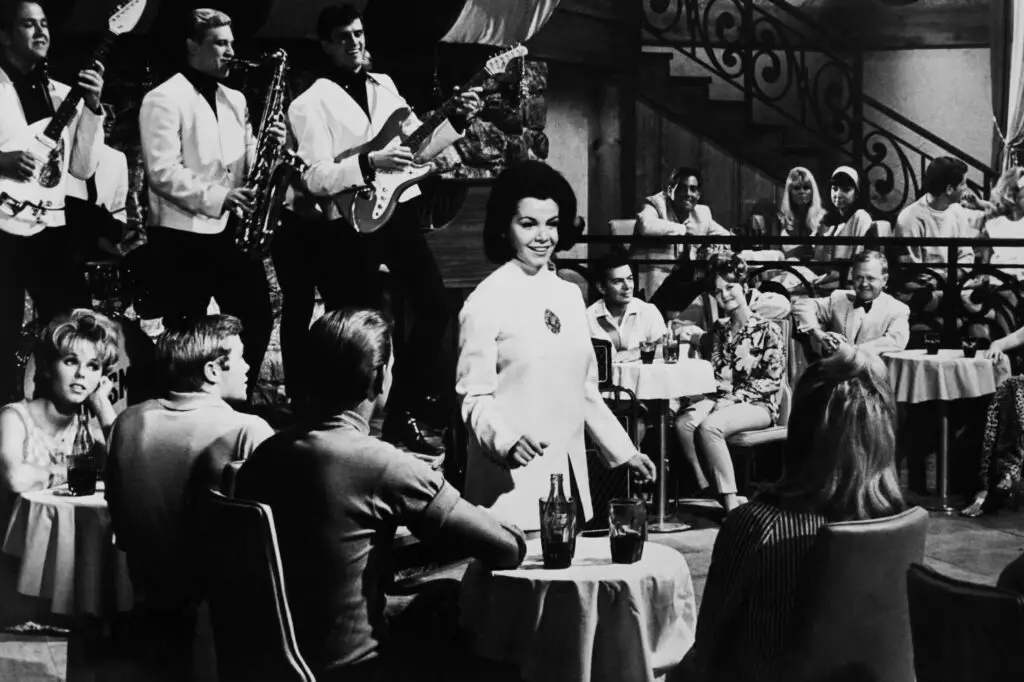
It’s hard to imagine now, but this garage-rock anthem from 1963 was once considered scandalous. Rumors spread that the mumbled lyrics hid filthy messages, prompting the FBI to launch a 31-month investigation. They never found anything obscene, but the controversy made parents clutch their pearls and some stations ban it outright. Ironically, the song’s slurred delivery came from the singer’s braces and a cheap recording session.
Even with the ban, kids kept playing it at parties, and it became one of the most covered songs of all time. The whole ordeal only added to its legend, proving that nothing makes teenagers want to hear a song more than being told they can’t. What started as a rough, low-budget recording turned into a defining moment in rock rebellion. Today, “Louie Louie” sounds tame, but in the early ’60s it was enough to spark a nationwide panic.
2. “God Save the Queen” by Sex Pistols
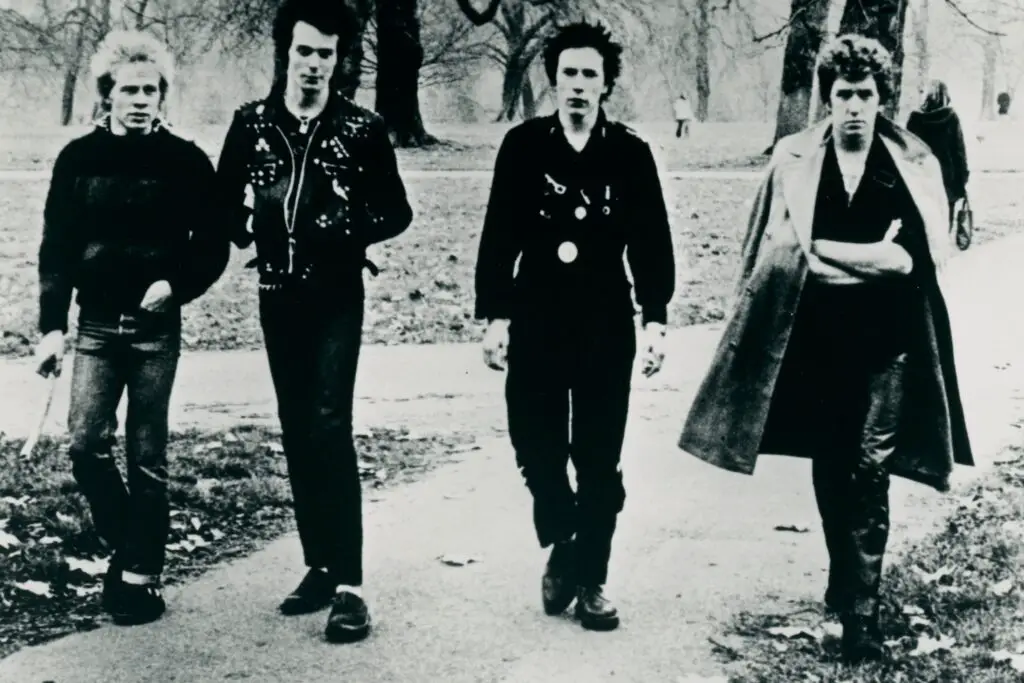
In 1977, the Sex Pistols dropped their snarling punk anthem right in the middle of Queen Elizabeth II’s Silver Jubilee. The timing was intentional, and the establishment didn’t take kindly to it. BBC radio refused to play the track, calling it an attack on national pride. Some record shops wouldn’t even stock it, while others sold it under the counter.
Despite—or maybe because of—the ban, the single shot up the charts. Fans saw it as the ultimate anti-establishment anthem, cementing punk’s reputation as dangerous. Johnny Rotten’s sneer captured the frustration of a whole generation that felt ignored. What was supposed to silence them ended up making the Pistols even bigger legends in rock history.
3. “Strange Fruit” by Billie Holiday
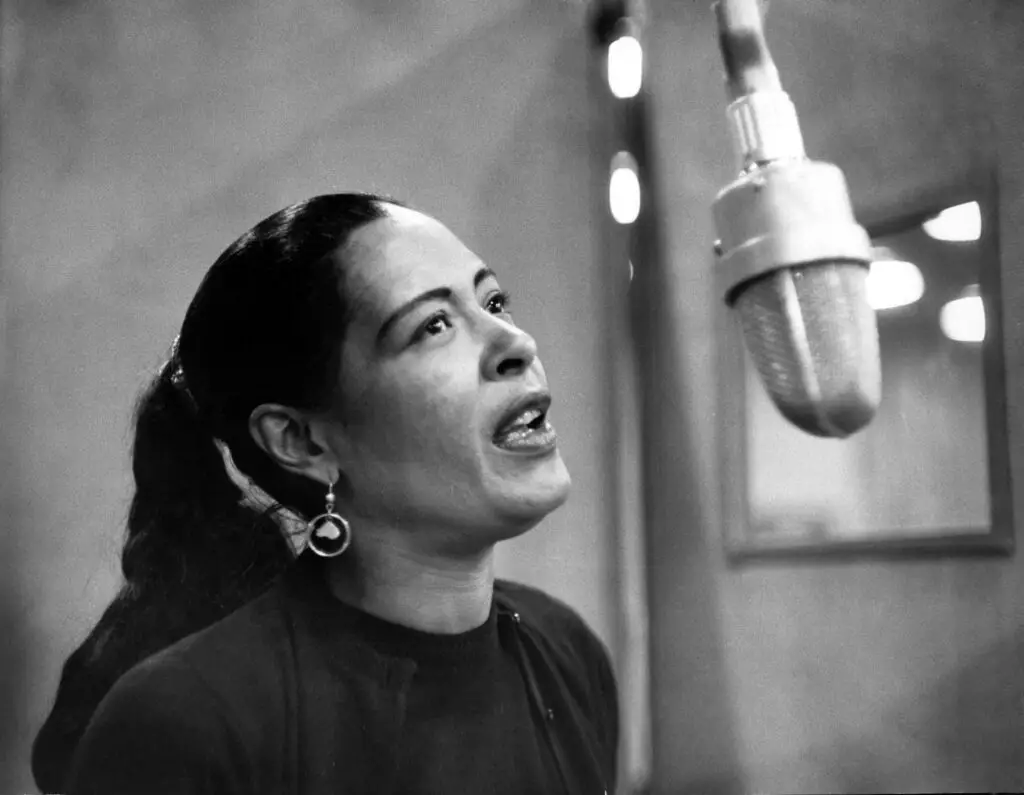
This haunting ballad from 1939 wasn’t banned everywhere, but many Southern radio stations flat-out refused to play it. The song’s chilling imagery of racial violence was too uncomfortable for mainstream audiences at the time. Holiday performed it anyway, usually as the final number in her set, standing silently with the spotlight on her face. The silence that followed was just as powerful as the music itself.
Radio’s rejection didn’t stop “Strange Fruit” from becoming one of the most important protest songs ever recorded. Its refusal to soften the horrors of racism made it groundbreaking. Holiday paid a price for her defiance, but she also secured her place in history. Decades later, it still resonates with anyone who hears it, whether or not radio ever gave it airtime.
4. “I Want Your Sex” by George Michael
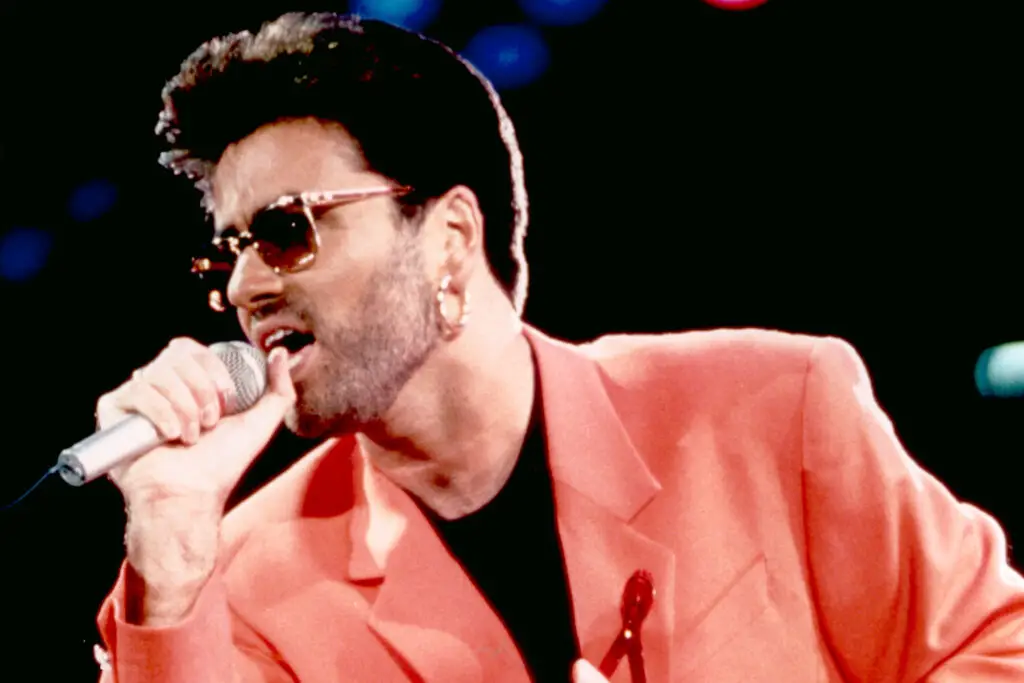
In 1987, George Michael pushed boundaries with this funky single from his Faith album. The lyrics were blunt, the title even more so, and censors weren’t having it. MTV restricted the video to late-night hours, and many radio stations refused to play it altogether. For Michael, the ban only highlighted the double standard in how love and sexuality were portrayed in pop music.
Still, the controversy couldn’t stop the song’s momentum. Fans loved the groove, and Michael’s boldness helped cement his image as an artist who wasn’t afraid to take risks. While it scandalized parents at the time, it feels almost innocent compared to what’s on the air today. For Michael, the backlash only underscored the song’s point—that conversations about sex were long overdue.
5. “Imagine” by John Lennon

Believe it or not, Lennon’s iconic 1971 anthem faced bans in certain places. After the September 11 attacks, Clear Channel Communications placed it on a list of songs deemed too sensitive for airplay. Decades earlier, some stations hesitated over its anti-religion and anti-war themes, worried it was too radical for mainstream listeners. The gentle piano ballad somehow managed to scare people more than the loudest rock songs.
Yet “Imagine” endured, becoming one of the most performed songs in history. The attempts to suppress it only reinforced its message of peace and unity. People leaned on it in difficult times, proving that even when radio pulled away, the song’s reach couldn’t be contained. Lennon wanted it to spark thought, and in that sense, every ban just made it more powerful.
6. “Physical” by Olivia Newton-John
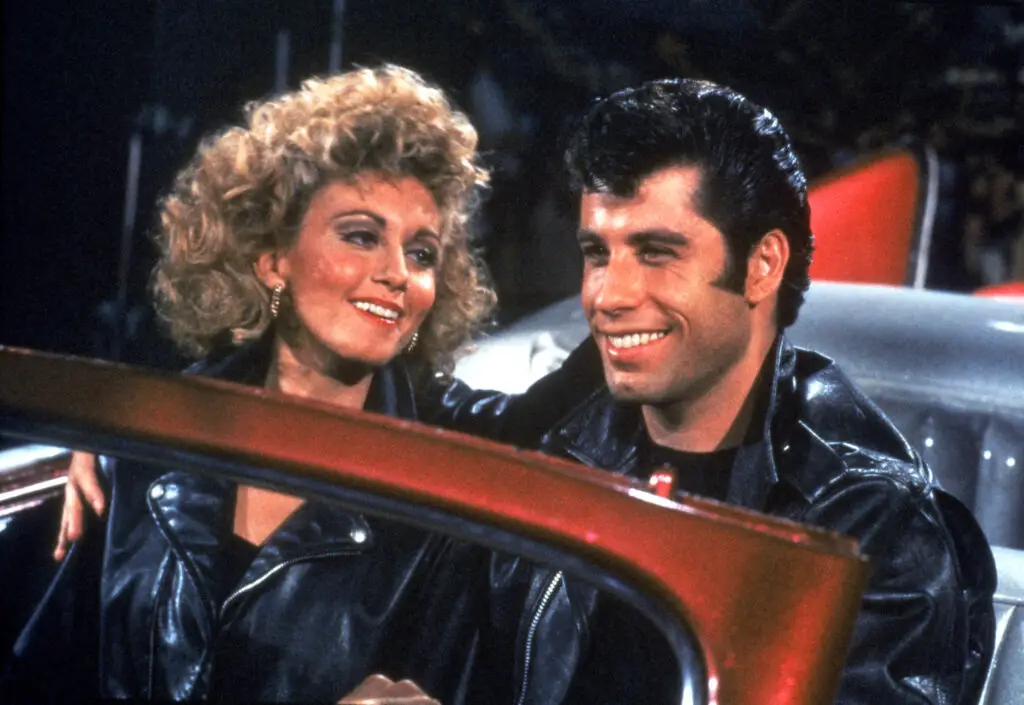
It’s hard to think of Olivia Newton-John as controversial, but her 1981 hit “Physical” raised eyebrows everywhere. The lyrics were loaded with innuendo, and the video’s workout theme didn’t exactly tone it down. Some radio stations in conservative areas refused to play it, fearing it sent the “wrong message.” Parents worried it was too suggestive for their kids.
Ironically, the ban couldn’t stop the song from becoming a massive success. It spent ten weeks at number one on the Billboard Hot 100, making it the longest-running chart-topper of the decade. The playful naughtiness that sparked the bans is exactly what made it fun. By the time the controversy faded, “Physical” had already secured its place in pop history.
7. “Rumble” by Link Wray
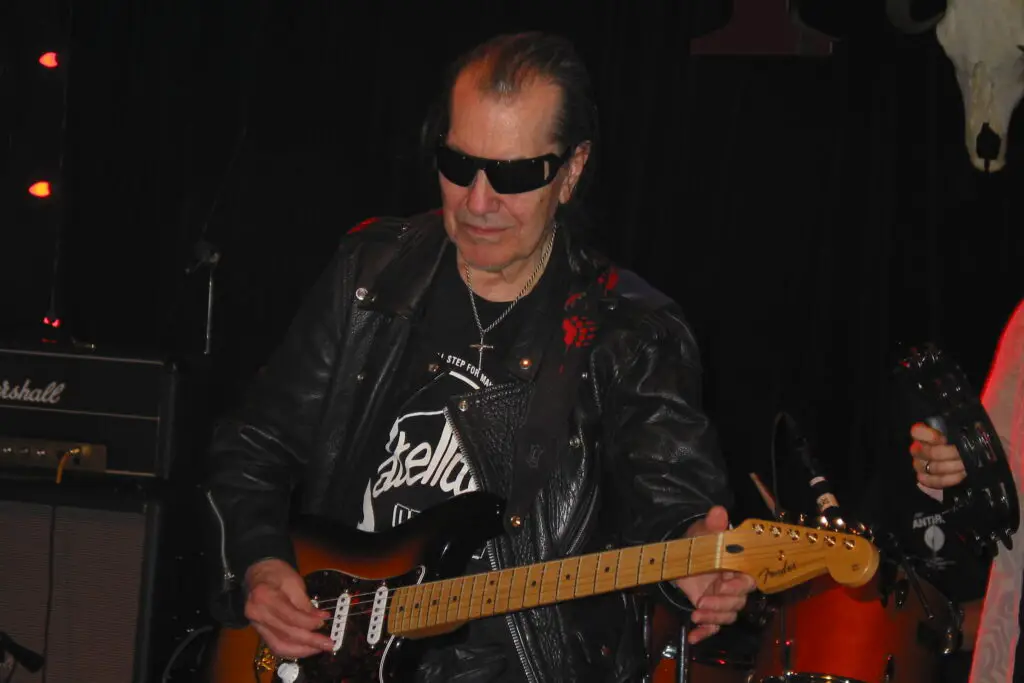
This 1958 instrumental didn’t even have lyrics, yet it still got banned. Authorities feared its gritty guitar sound would incite juvenile delinquency. Its raw, distorted riff was unlike anything on the radio at the time, and it terrified parents who thought rock and roll was already dangerous enough. Imagine being scared of a wordless track—that’s how intense the paranoia was.
Of course, “Rumble” went on to inspire countless rock musicians. Without it, punk and heavy metal might not sound the same. The ban only added to its mystique, turning it into an underground anthem. Wray didn’t need words to make a statement—his guitar did all the talking.
8. “Money for Nothing” by Dire Straits

When it came out in 1985, Dire Straits’ satirical look at fame included a slur that didn’t age well. At the time, most stations played it without a thought, but years later it sparked outrage. In 2011, Canada’s Broadcast Standards Council banned the unedited version from radio. They later reversed the decision, but the debate over language and intent left its mark.
The controversy reminded listeners that even hits from the past can clash with modern values. For fans, it was jarring to hear one of rock’s biggest songs suddenly labeled unfit for airplay. Yet it also sparked conversations about context and censorship. Whether banned or not, “Money for Nothing” remains a fascinating example of how attitudes toward music evolve.
9. “Love to Love You Baby” by Donna Summer
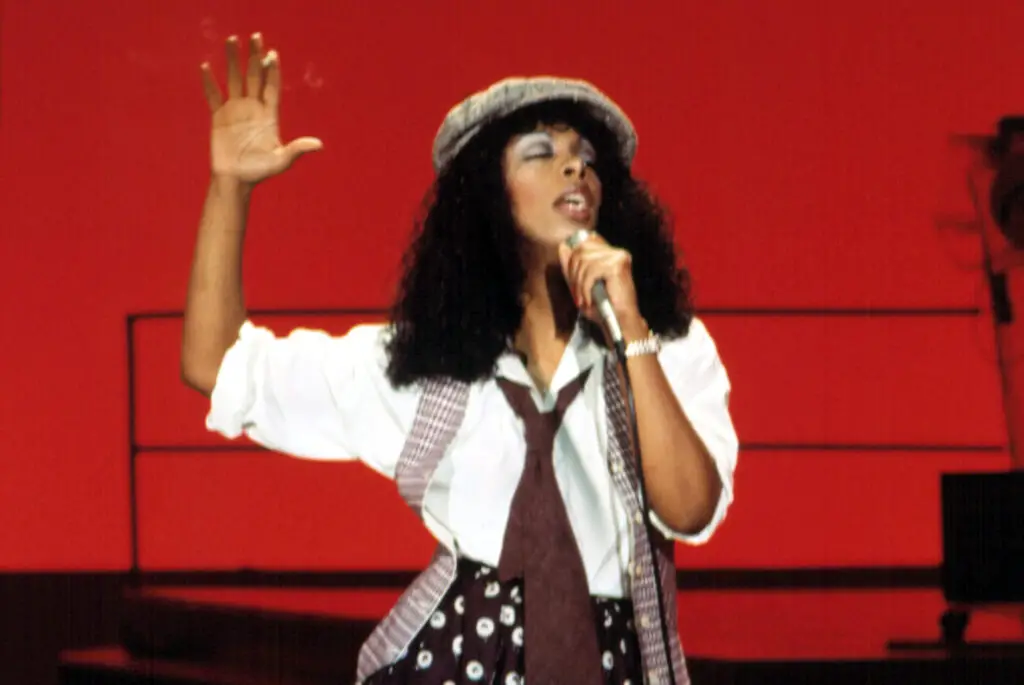
In 1975, Donna Summer moaned her way through this disco classic, and it was too much for many stations. The track’s sensuality was deliberate—producer Giorgio Moroder wanted to push boundaries. European clubs embraced it, but American radio largely balked. Some stations outright banned it, worried it was far too explicit for airwaves.
That didn’t stop it from becoming a dance floor sensation. Fans loved its hypnotic beat and sultry performance, making it one of the defining songs of the disco era. Summer proved that pushing limits could also push an artist into superstardom. Even if radio couldn’t handle it, clubs and discos made sure it lived on.
10. “Cop Killer” by Body Count
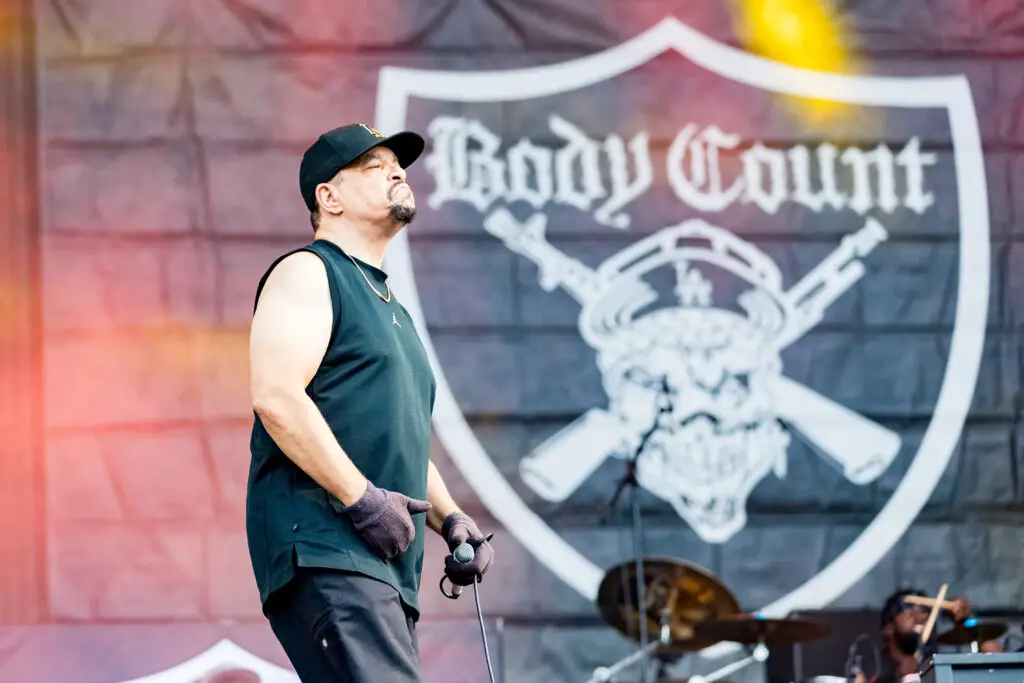
In 1992, Ice-T’s metal band Body Count sparked one of the biggest censorship controversies of the decade. “Cop Killer” was a protest song aimed at police brutality, but many politicians and law enforcement groups saw it as dangerous. The backlash was swift—radio stations wouldn’t touch it, and major record stores refused to stock the album. Ice-T eventually pulled the track from later pressings.
The uproar made headlines everywhere, and suddenly Body Count was at the center of a national debate. Some argued it was a matter of free speech, while others saw it as crossing the line. Regardless, the controversy made the song infamous, and it’s still remembered as one of the most banned tracks in history. For Ice-T, the experience only solidified his reputation as an artist unafraid to provoke.
11. “Relax” by Frankie Goes to Hollywood
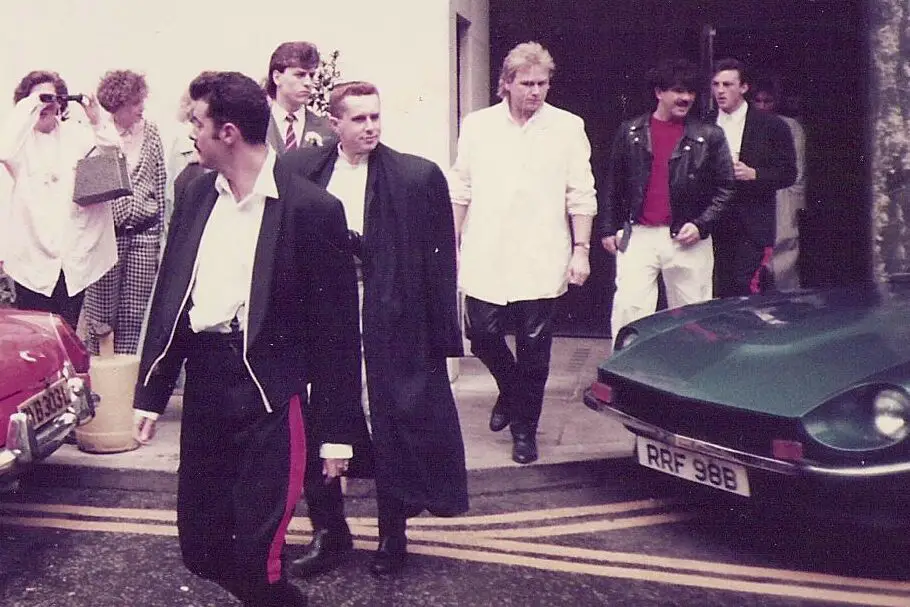
This 1983 single seemed harmless enough at first, until DJs realized the lyrics were filled with sexual innuendo. The BBC quickly banned it from radio, calling it obscene. Ironically, the ban only fueled its popularity, turning it into a must-hear track for curious listeners. Soon, it was blasting in clubs everywhere, becoming a dance anthem.
The controversy didn’t stop “Relax” from topping the UK charts and spreading internationally. In fact, the ban gave it a rebellious edge that fit perfectly with the times. Frankie Goes to Hollywood embraced the notoriety, and the song became their biggest hit. What started as censorship turned into free promotion on a massive scale.
12. “The Pill” by Loretta Lynn
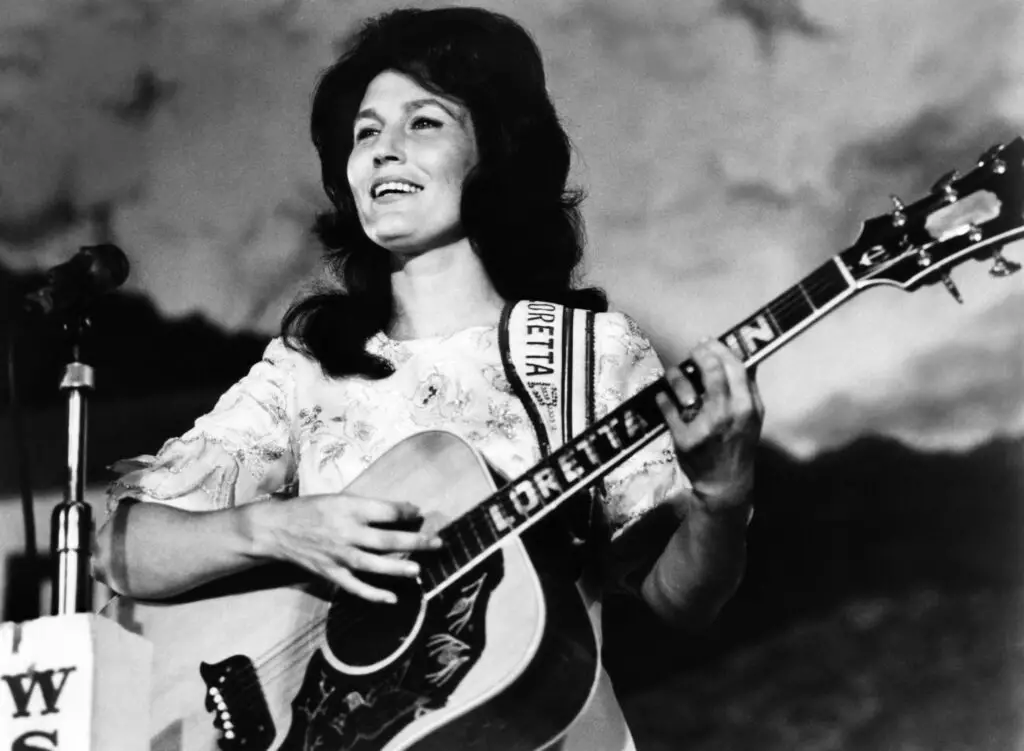
Country radio wasn’t ready for Loretta Lynn’s frank 1975 ode to birth control. Singing about reproductive freedom was considered taboo, especially from a woman in country music. Many stations flat-out banned it, claiming it went against traditional values. Yet Lynn wasn’t trying to be scandalous—she was simply singing about a reality that many women lived every day.
The ban didn’t stop the song from resonating with listeners, especially women who saw themselves in its lyrics. “The Pill” became one of Lynn’s most talked-about tracks and showed her fearless streak as an artist. Over time, it’s been recognized as groundbreaking, even if radio wasn’t ready for it then. Loretta proved that sometimes the songs people try to silence are the ones that matter most.
13. “Wake Up Little Susie” by The Everly Brothers
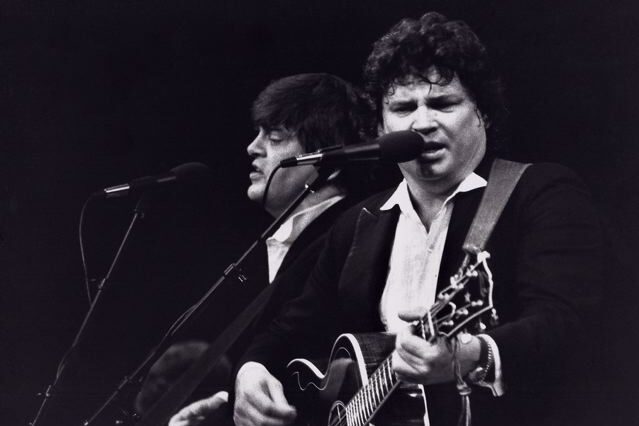
When this sweet-sounding tune hit the airwaves in 1957, parents and censors quickly raised their eyebrows. On the surface, it was just about two teens falling asleep at the movies and getting home too late, but the implication of spending the night together sent shockwaves. Some radio stations decided it was too suggestive for their audiences and banned it outright. In the conservative climate of the late ’50s, even the hint of impropriety was enough to cause outrage.
Of course, teens loved it precisely because of that. The controversy only fueled sales, and the song soared to number one on the charts. The Everly Brothers’ harmonies made it sound innocent, but the subtle rebellion gave it a secret thrill. Today, it’s hard to imagine such a tame story causing so much fuss, but back then, it was enough to spark fears of rock and roll corrupting youth.
14. “Eve of Destruction” by Barry McGuire
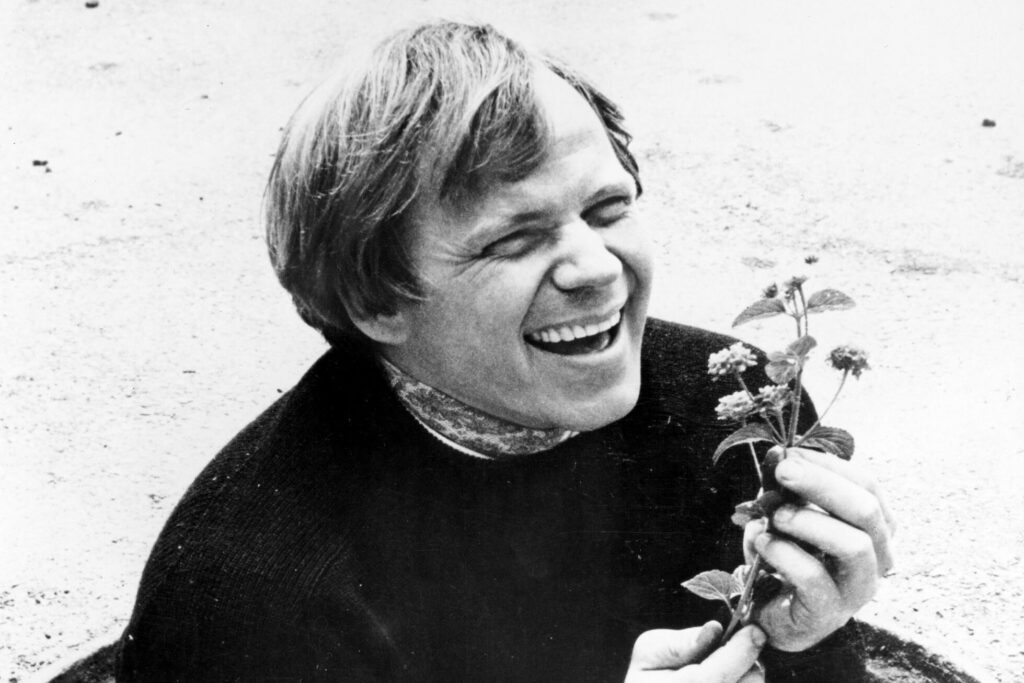
In 1965, Barry McGuire’s protest anthem rattled nerves across the country. With lyrics about war, racial tension, and nuclear threat, it was seen as too bleak for mainstream audiences. Some stations outright banned it, calling it unpatriotic and damaging to young listeners. At a time when America was deeply divided, the song touched a nerve that many wanted to ignore.
Still, “Eve of Destruction” struck a chord with listeners who felt those fears were all too real. It shot to the top of the Billboard charts, proving that attempts to silence it only made it louder. McGuire’s raspy delivery gave it a raw urgency that fit the turbulent times. While censors tried to push it aside, the song became a time capsule of the ’60s unrest and one of the most memorable protest tracks of the decade.
15. “Brown Eyed Girl” by Van Morrison
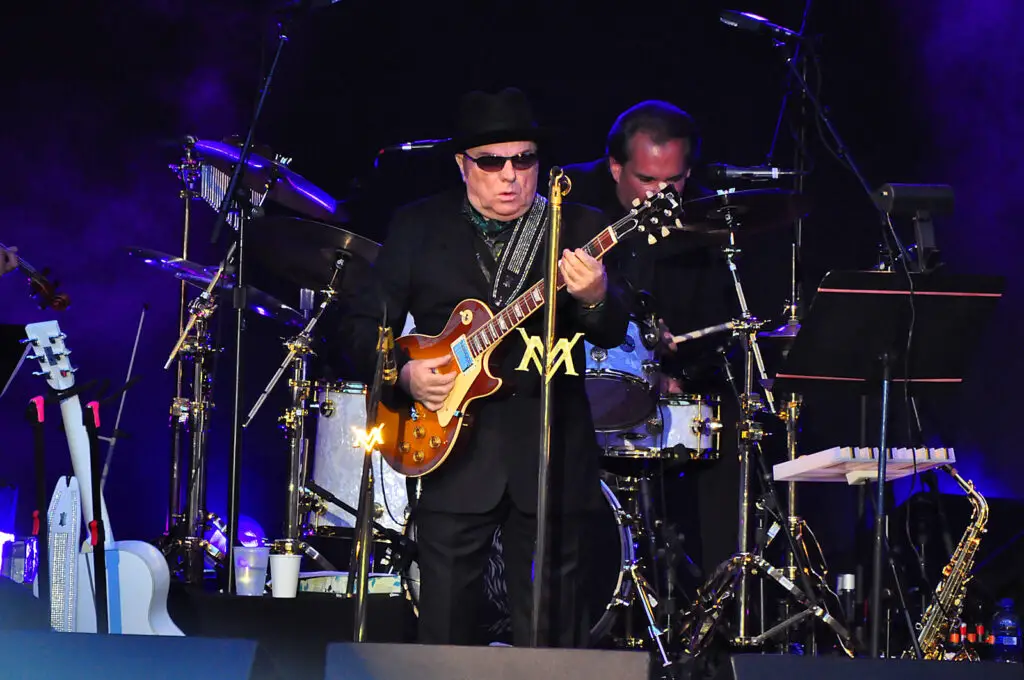
It might sound like the sweetest singalong today, but when it was released in 1967, “Brown Eyed Girl” raised a few alarms. The original lyrics referenced making love in the grass, and some stations deemed it too explicit. In fact, the song had to be edited for radio play, softening the risqué content before it could become the hit everyone knows. Even with changes, some conservative stations still refused to spin it.
The edits didn’t hurt its success—if anything, the whispered controversy gave it a boost. Listeners flocked to it, and it became Morrison’s signature track, beloved across generations. What was once scandalous now plays at weddings and backyard barbecues without a second thought. But in the late ’60s, it was enough to make censors nervous and give the song an edge of rebellion.
16. “A Day in the Life” by The Beatles
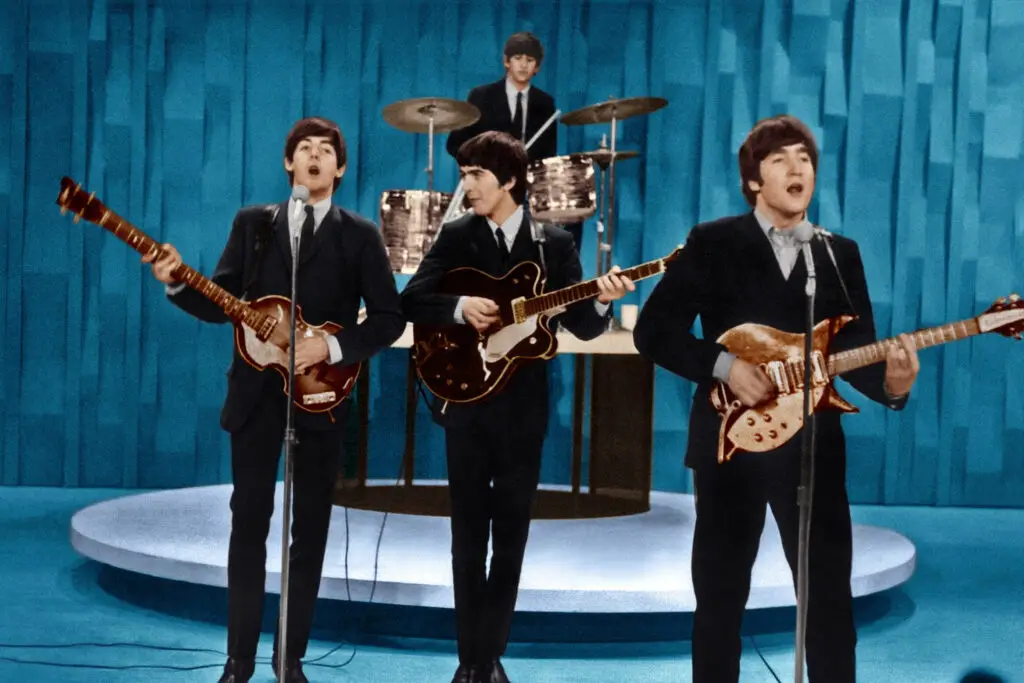
By 1967, The Beatles were no strangers to pushing boundaries, but “A Day in the Life” from Sgt. Pepper’s Lonely Hearts Club Band proved too much for some. The BBC banned it, claiming the line “I’d love to turn you on” was a reference to drugs. The haunting crescendos and surreal imagery only reinforced suspicions that it was encouraging psychedelic trips.
Fans, of course, weren’t deterred. The ban added mystique, and the track became a centerpiece of the album, hailed as one of The Beatles’ greatest artistic achievements. Decades later, it’s celebrated as a masterpiece of songwriting and production, far outlasting the moral panic that tried to silence it. What censors feared was dangerous turned out to be revolutionary art.
17. “Let’s Spend the Night Together” by The Rolling Stones
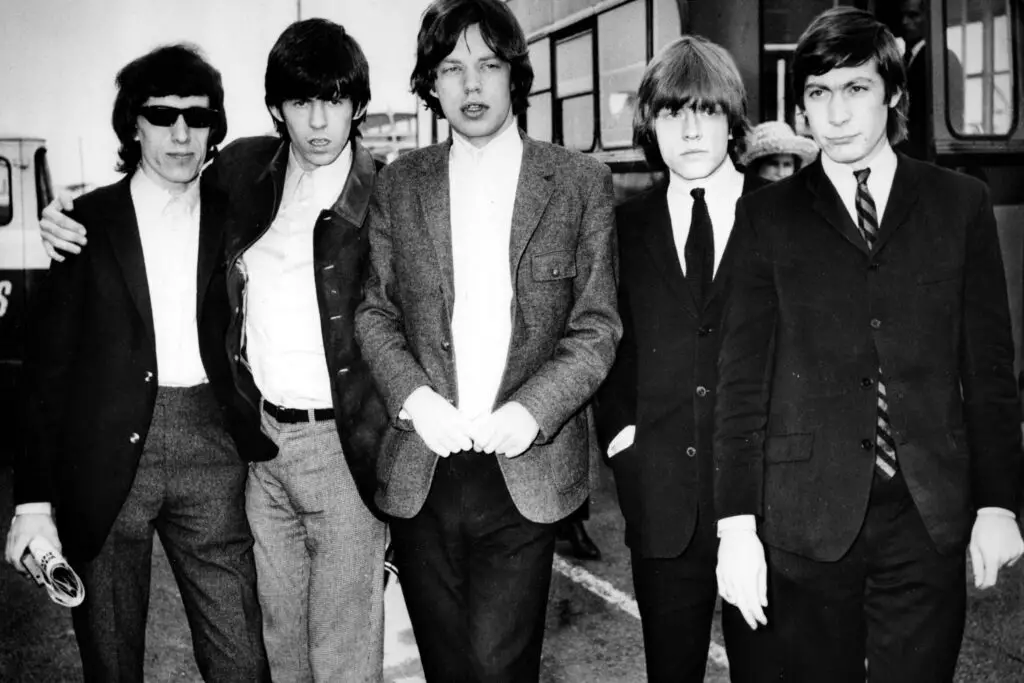
When Mick Jagger crooned those words in 1967, the reaction was swift. U.S. radio programmers thought it was far too suggestive, and many stations banned it completely. The controversy followed the Stones to television, where they were pressured to change the lyrics to “Let’s spend some time together” for their Ed Sullivan Show performance. Jagger famously rolled his eyes while singing the censored version, turning the moment into rock history.
Despite the uproar, the song became a hit and reinforced the Stones’ image as rock’s bad boys. The attempted censorship only made it more appealing to fans who saw it as daring and bold. Today it’s remembered as one of the band’s classics, but at the time, the simple invitation to spend the night together was enough to send shockwaves through polite society.
18. “Highway to Hell” by AC/DC

Released in 1979, AC/DC’s hard-rock anthem immediately drew fire from conservative groups. With its fiery title and gritty sound, many assumed it was glorifying Satan, even though it was really about the grueling life of constant touring. Some U.S. radio stations refused to play it, and protests erupted over the supposed “satanic” message. For worried parents, it became the poster child of rock’s bad influence.
The controversy only fueled AC/DC’s rise, and “Highway to Hell” became one of their signature songs. Fans embraced it as a rebellious anthem, not a literal descent into evil. The bans faded away, but the song’s reputation as dangerous stuck, helping cement AC/DC as one of rock’s loudest and most defiant bands. What was once feared as corrupting turned into a stadium-shaking classic.
19. “Dirty Laundry” by Don Henley
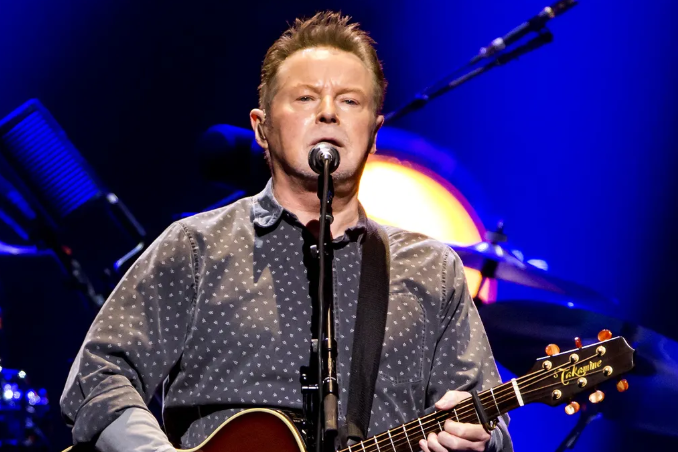
When Don Henley released “Dirty Laundry” in 1982, the controversy didn’t come from parents or politicians, it came from inside the industry. The song’s sharp critique of television news, sensationalism, and moral hypocrisy struck a nerve with radio programmers and media executives. Some stations quietly avoided it, especially those affiliated with major news networks. Henley later acknowledged that certain broadcasters were uncomfortable airing a song that seemed to call them out directly.
That discomfort only added to the song’s power. Listeners immediately recognized the truth behind its cynicism, and it became one of Henley’s most successful solo singles. The irony of radio resisting a song about media corruption wasn’t lost on fans. Decades later, “Dirty Laundry” still feels biting and relevant, proving that bans aren’t always about shock value, sometimes they’re about accountability.
20. “They’re Coming to Take Me Away” by Napoleon XIV
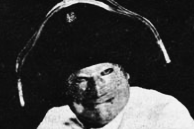
This novelty hit from 1966 was unlike anything else on the radio, and that was exactly the problem. Its manic delivery and lyrics about being institutionalized sparked immediate backlash. Some listeners complained that it mocked mental illness, while others found it genuinely unsettling. Several stations banned it outright, and others pulled it after protests and phone calls poured in.
Despite the panic, the song became a massive hit, climbing to number three on the Billboard Hot 100. Its strangeness made it unforgettable, especially to teenagers who loved how different it sounded. The bans only added to its mystique, turning it into a cultural oddity that still sparks debate. More than half a century later, it remains one of the most controversial novelty songs ever recorded.
21. “Black Day in July” by Gordon Lightfoot

Gordon Lightfoot’s song about the Detroit riots of 1967 was considered far too blunt for American radio. Released in 1968, it directly addressed racial violence and social unrest at a time when many stations preferred safer, less confrontational material. Numerous U.S. stations refused to play it, fearing backlash or accusations of stirring tension. Lightfoot himself later acknowledged that the song faced significant resistance south of the border.
In Canada, the song was better received, but the U.S. bans limited its exposure. Over time, it has been recognized as one of Lightfoot’s most powerful and courageous works. Its refusal to soften history is exactly what made it uncomfortable for radio at the time. Today, it stands as a reminder of how protest music was often sidelined when it challenged listeners too directly.
22. “It’s Late” by Ricky Nelson
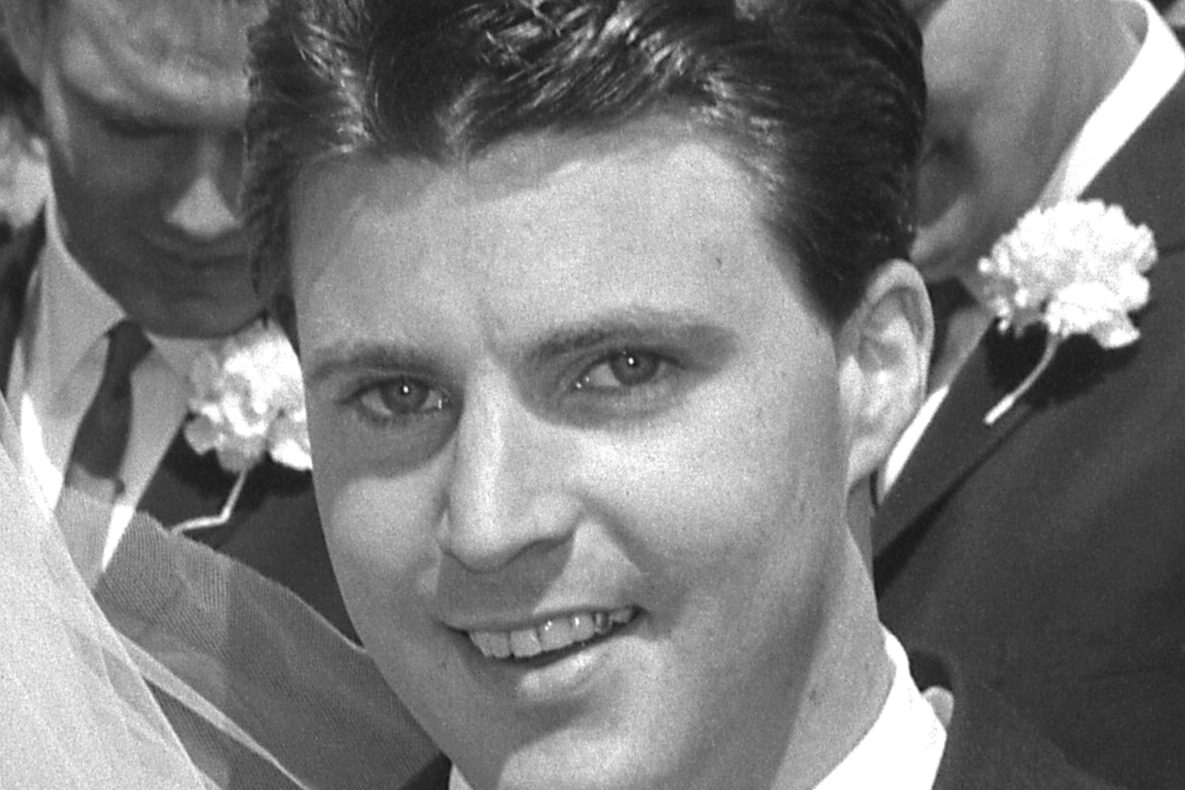
In 1959, Ricky Nelson was known for his clean cut, teen idol image, which made “It’s Late” feel especially daring. The song’s storyline implied a young couple spending the night together, a suggestion that unsettled conservative radio stations. Some refused to play it, arguing that the themes were inappropriate for teenage listeners. Even subtle romantic tension could trigger censorship in the late ’50s.
Despite the resistance, the song became one of Nelson’s biggest hits. Fans were drawn to its emotional urgency and slightly grown up tone. What once caused alarm now sounds almost innocent. Still, its temporary radio restrictions reflect how tightly morality was policed in early rock and roll.
23. “Mother’s Little Helper” by The Rolling Stones

When The Rolling Stones released this song in 1966, its subject matter shocked many radio programmers. Open references to prescription drug use, particularly among suburban housewives, were considered taboo. Some stations refused to play it, worried about promoting drug culture or upsetting sponsors. The idea of addressing quiet addiction in everyday life was too uncomfortable for mainstream radio.
The song eventually became one of the band’s most respected tracks. Its sharp social commentary resonated strongly with listeners who recognized the reality it described. What radio once avoided is now praised for its honesty. The bans only delayed recognition of how forward thinking the song truly was.
24. “Give Ireland Back to the Irish” by Wings
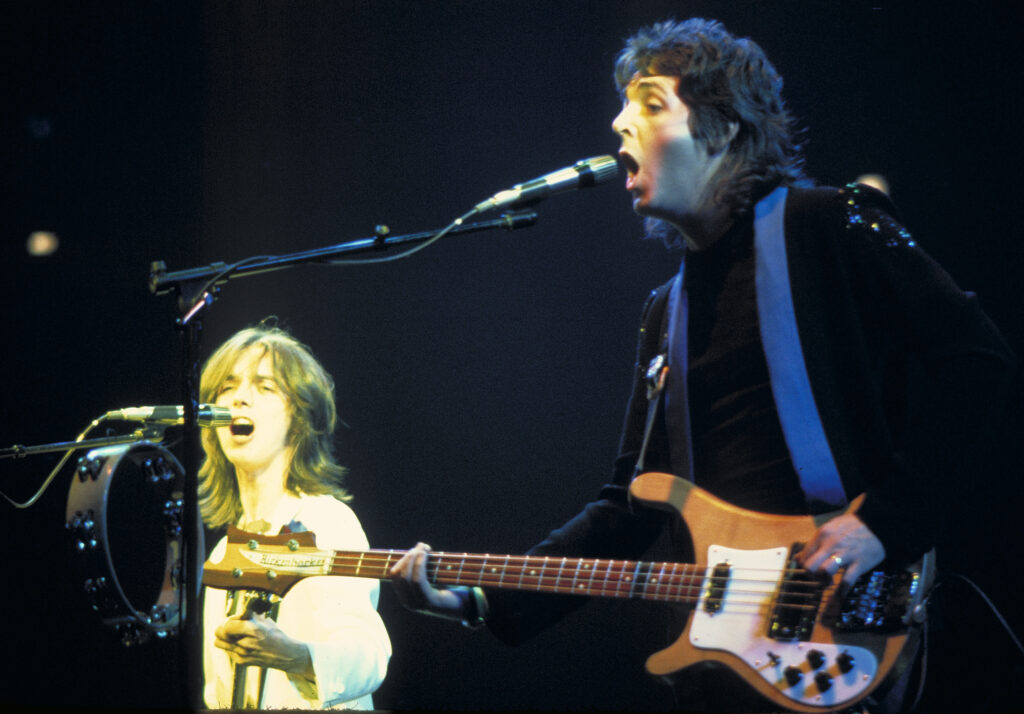
Paul McCartney’s 1972 political single was banned outright by the BBC almost immediately. Its direct commentary on Northern Ireland and British responsibility made it unacceptable for public broadcast. Other UK stations followed suit, effectively silencing it on the airwaves. It was one of the boldest political statements McCartney ever released.
Despite the ban, the song performed well in Ireland and parts of Europe. McCartney defended it as a personal reaction to violence, not a call to division. The controversy only amplified interest in the track. It remains a rare moment where a former Beatle openly challenged authority through music.
25. “My Generation” by The Who

This 1965 anthem faced unexpected resistance due to Roger Daltrey’s stuttered vocal delivery. Some stations believed it mocked people with speech impediments, while others feared its aggressive tone encouraged youth rebellion. Program directors worried it might inflame generational tensions. As a result, airplay was limited in certain markets.
The song quickly became a defining statement of teenage frustration. Its famous line about dying before getting old terrified older listeners. What radio feared turned into a rallying cry for a generation. Today, it’s regarded as one of the most important rock songs of all time.
26. “Light My Fire” by The Doors
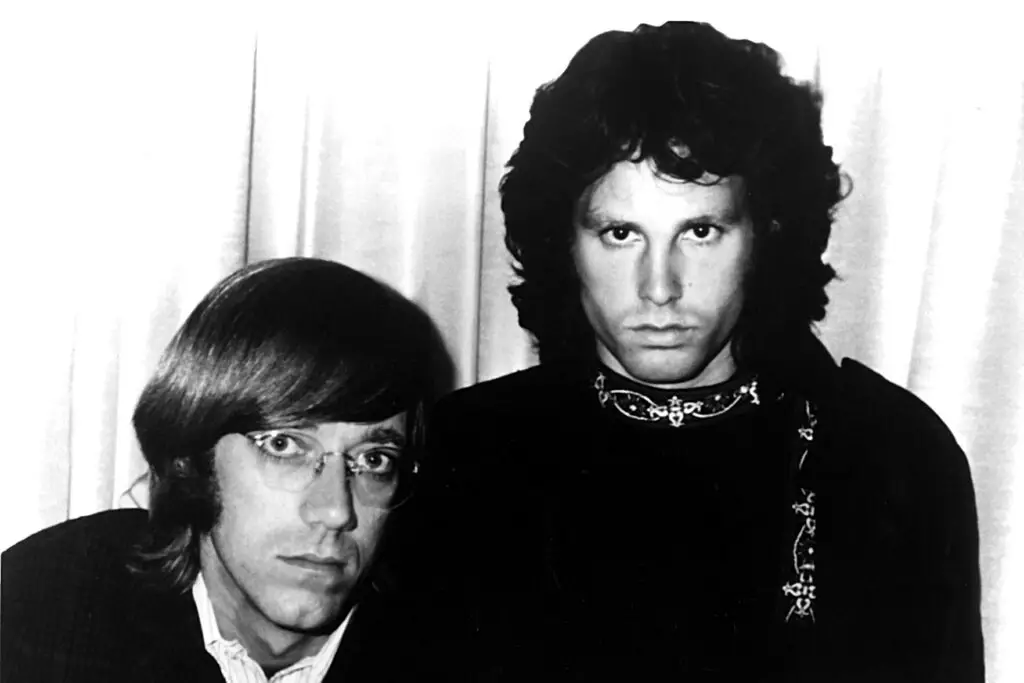
Jim Morrison’s sensual lyrics immediately raised concerns among radio programmers. Some stations refused to play the song unless entire verses were removed. Others avoided it altogether, citing its overt references to desire. The controversy followed The Doors onto television, where lyrics were famously censored during live performances.
Despite attempts to tame it, the song became a massive hit. Fans were drawn to its hypnotic sound and rebellious edge. The bans only heightened its allure. “Light My Fire” helped establish The Doors as boundary pushers in rock music.
27. “Puff, the Magic Dragon” by Peter, Paul and Mary
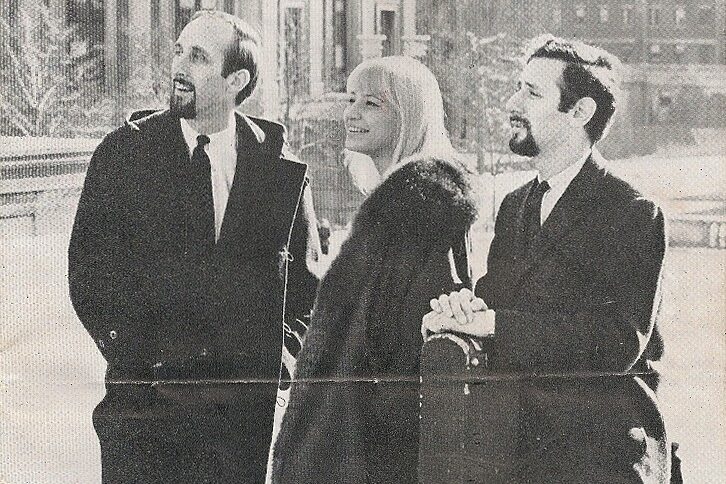
Rumors quickly spread that this gentle folk song was a metaphor for drug use. While the group repeatedly denied the interpretation, some radio stations pulled it anyway. Program directors feared hidden meanings reaching young listeners. Speculation alone was enough to cause concern.
Over time, the song was widely accepted as a simple story about childhood innocence. The panic now seems misplaced, but it reflects the paranoia surrounding music in the ’60s. Even imagined subtext could lead to censorship. The song’s legacy ultimately outlasted the rumors.
28. “The Night They Drove Old Dixie Down” by The Band
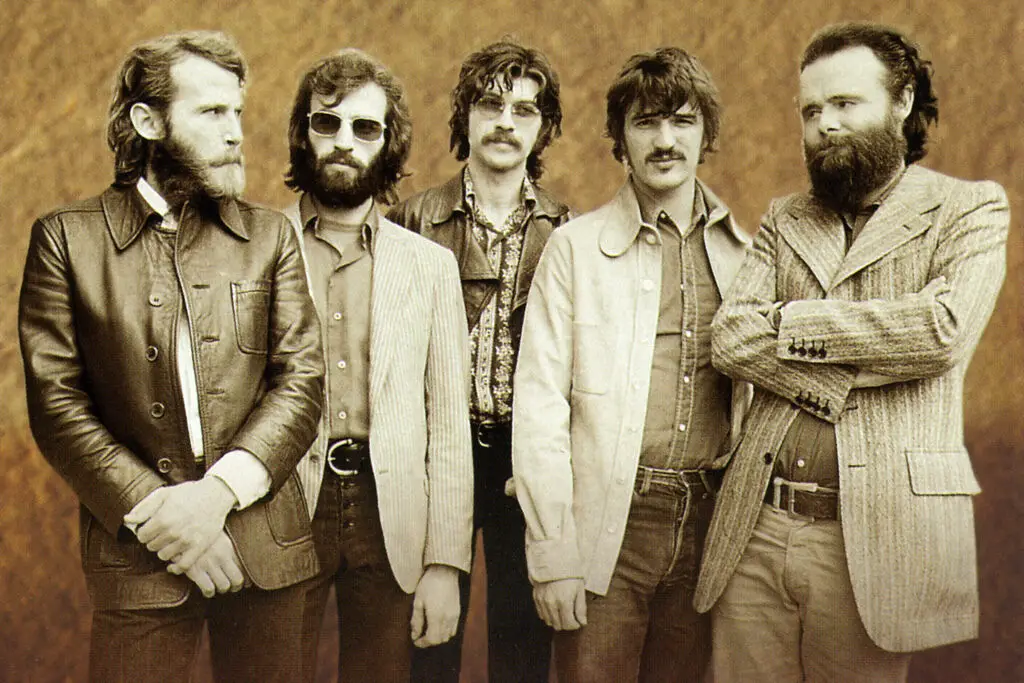
This song’s Civil War themes made it controversial in certain regions. Some Southern stations objected to its portrayal of loss and defeat, while others feared it romanticized the Confederacy. Airplay varied dramatically depending on location. Political sensitivity made it a risky choice.
Over time, the song earned widespread respect for its storytelling. It’s now considered one of the greatest American folk rock songs ever written. Early hesitation couldn’t stop its impact. Time gave it the nuance radio once lacked.
29. “Running Bear” by Johnny Preston
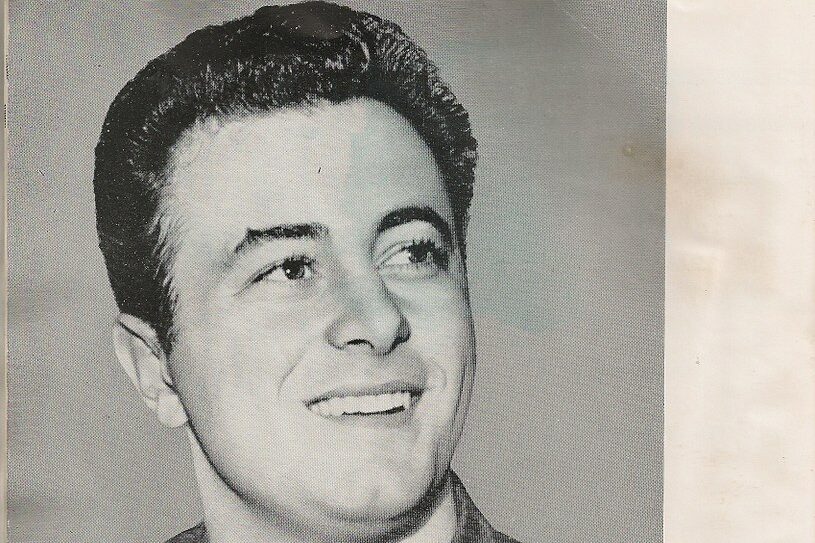
This 1960 hit raised eyebrows for its tragic interracial romance. Some stations avoided it due to racial sensitivity during a deeply divided era. Even symbolic storytelling could provoke discomfort. Radio responses reflected broader social tensions.
Despite resistance, the song reached number one. Its dramatic narrative captivated listeners nationwide. What made programmers uneasy made audiences curious. It remains a snapshot of shifting cultural boundaries.
30. “Okie from Muskogee” by Merle Haggard
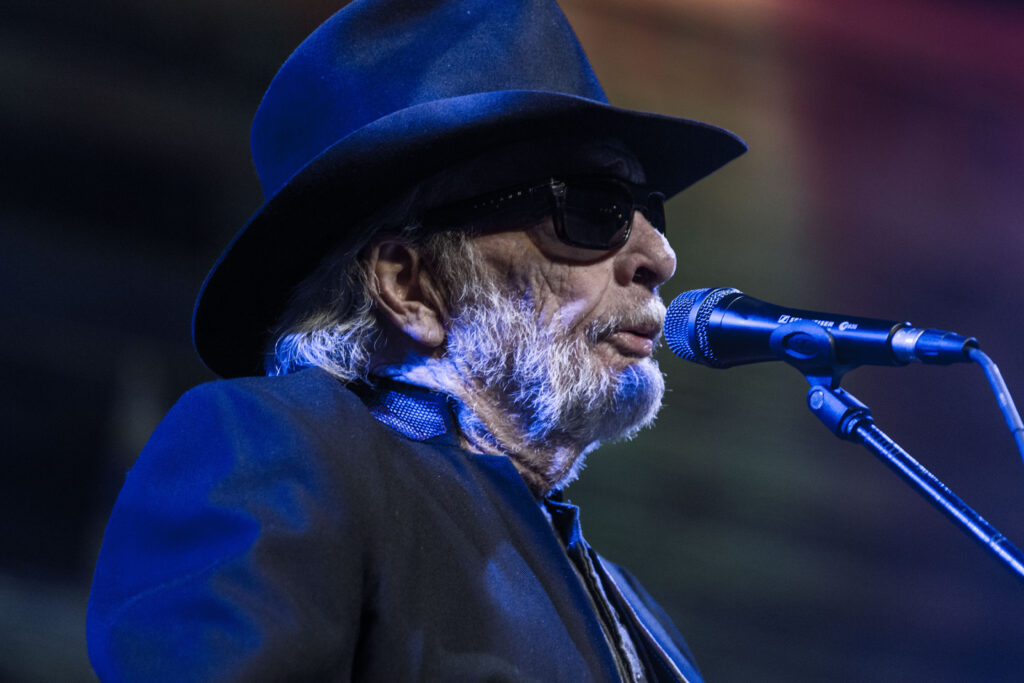
Progressive stations and college radio outlets sometimes avoided this song, viewing it as divisive. Others believed it mocked counterculture movements too harshly. The song quickly became politically charged. Radio reactions varied widely by region.
Haggard later clarified that satire played a role in the lyrics. Regardless, the song sparked heated debate. It proved country music could be just as controversial as rock. Bans and resistance only fueled its notoriety.
31. “Short Shorts” by The Royal Teens
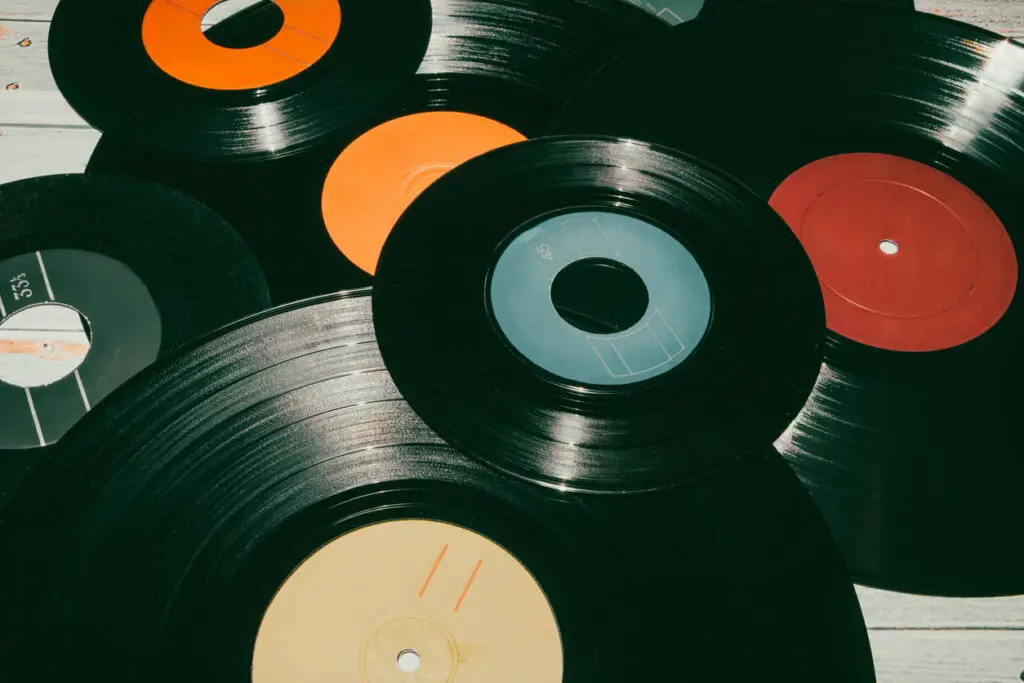
This novelty hit was considered too suggestive for late ’50s radio. Its focus on revealing clothing unsettled conservative audiences. Some stations limited airplay or avoided it entirely. Youth fashion alone could spark censorship.
The song became a pop culture phenomenon anyway. It helped define teen novelty music. What once shocked now feels harmless. Still, it reflects how strictly morality was enforced.
32. “Walk on the Wild Side” by Lou Reed

Radio edits removed entire lines referencing drugs and gender identity. Some stations banned it outright due to its subject matter. Lou Reed’s detached storytelling was far ahead of mainstream comfort levels. The song challenged norms quietly but firmly.
Despite censorship, it became one of Reed’s most famous works. Its cool honesty fascinated listeners. The ban highlighted the gap between art and radio caution. Today, it’s celebrated as groundbreaking.
33. “Love Child” by Diana Ross & The Supremes
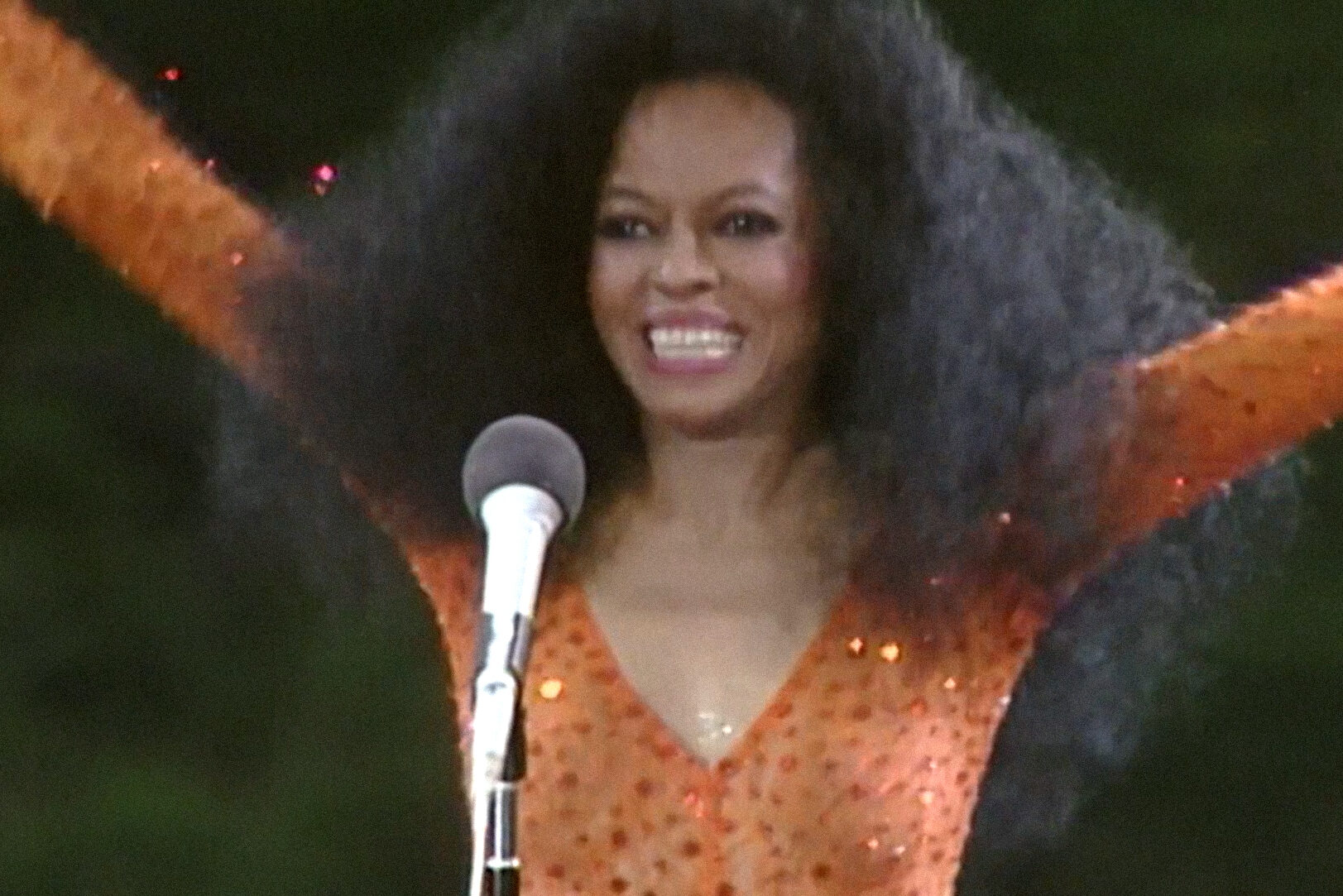
The song’s theme of illegitimacy made some stations uneasy in 1968. Program directors worried about promoting taboo topics. A few refused to play it outright. The subject challenged pop music’s polished image.
It still reached number one. Audiences connected with its emotional honesty. The bans couldn’t stop its impact. It marked a turning point in pop storytelling.
34. “Je T’aime… Moi Non Plus” by Serge Gainsbourg
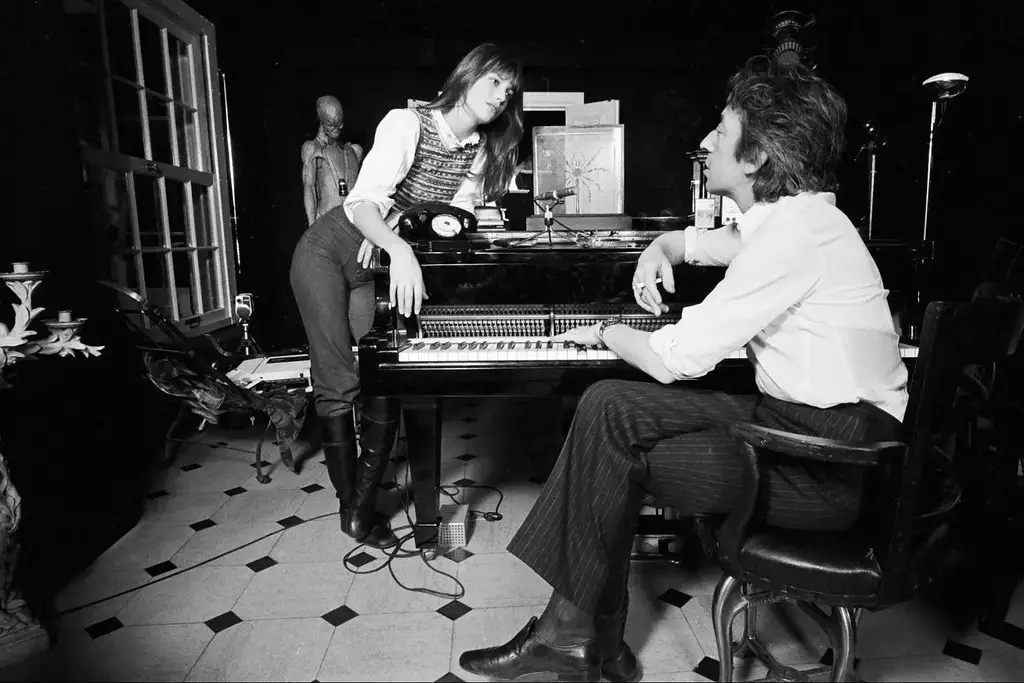
Its explicit moaning led to bans across multiple countries. Radio stations refused to touch it, and religious groups protested heavily. The song became infamous almost immediately. Few tracks caused such widespread outrage.
The controversy made it a global sensation. Fans sought it out precisely because it was forbidden. It remains one of the most banned songs ever. Its legacy is inseparable from censorship.
35. “School’s Out” by Alice Cooper
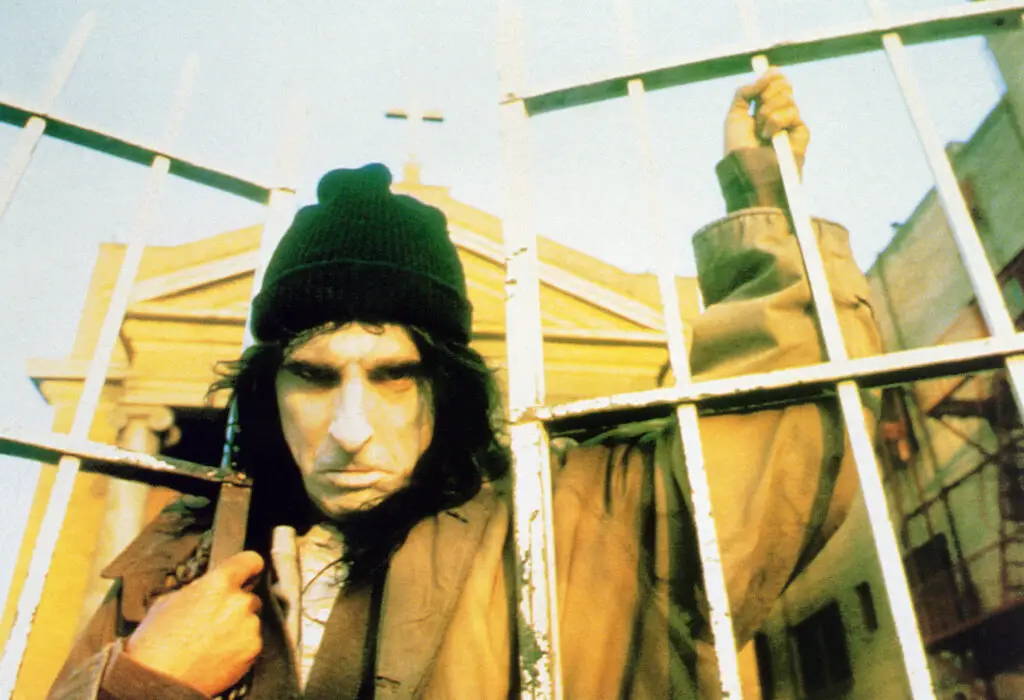
Some stations banned it during school months, fearing it encouraged rebellion. Administrators and parents protested its message. Timing alone made it controversial. Radio responded cautiously.
The song became a summer anthem regardless. Its theatrical defiance appealed to teens everywhere. Attempts to silence it failed. It cemented Cooper’s shock rock image.
36. “Rape Me” by Nirvana
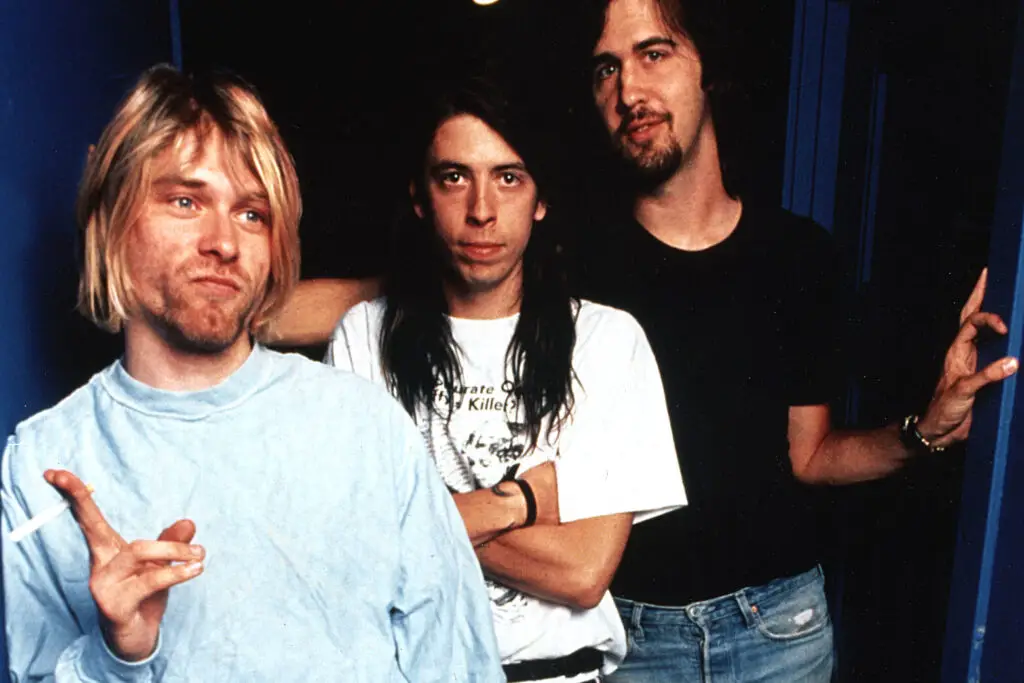
Many stations refused to play the song based on the title alone. Kurt Cobain repeatedly explained it was an anti violence statement. Still, radio hesitated. Misinterpretation drove censorship.
The song sparked important conversations. Fans understood its intent. Resistance only deepened its impact. It remains one of Nirvana’s most misunderstood tracks.
37. “Darling Nikki” by Prince
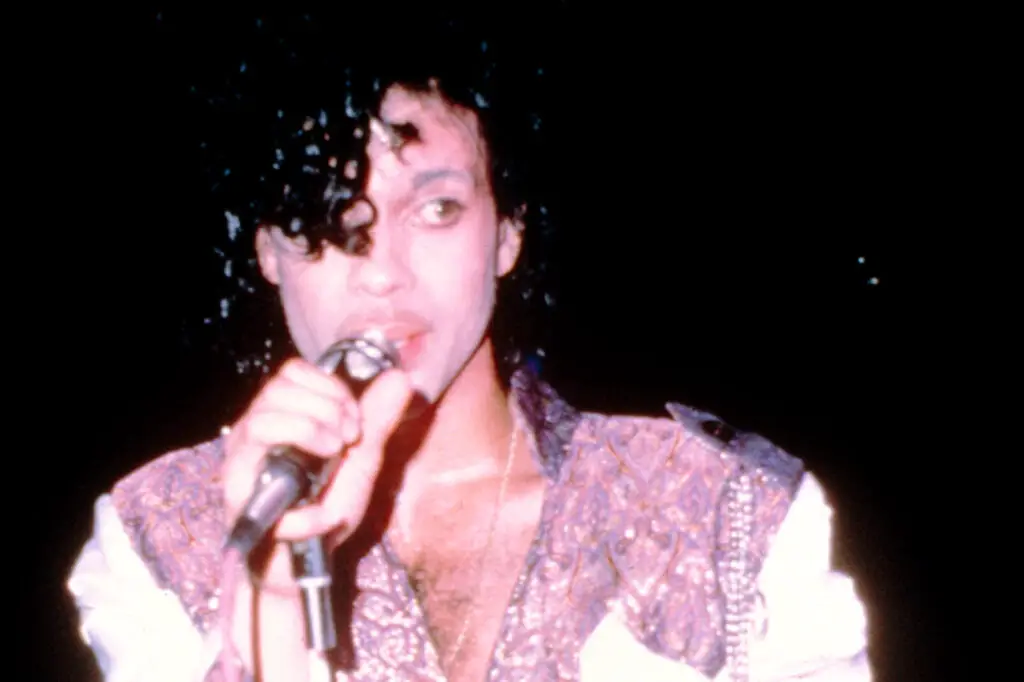
Its explicit lyrics led to widespread bans. Radio stations pulled it immediately. The controversy directly inspired the parental advisory label. Few songs changed industry policy so dramatically.
Prince defended artistic freedom. The song became infamous. Its influence went far beyond airplay. It permanently reshaped censorship debates.
38. “I Am Woman” by Helen Reddy
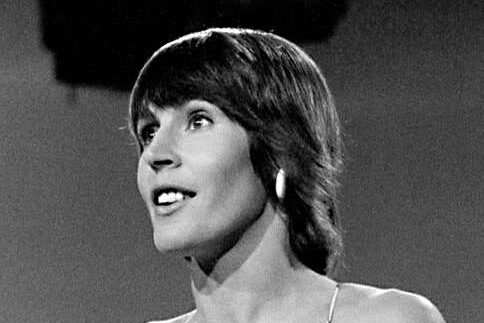
Some stations initially refused to play it due to its feminist message. Program directors feared backlash. Empowerment wasn’t always welcome. The lyrics felt threatening to some.
The song became an anthem anyway. It topped charts worldwide. Radio resistance couldn’t stop it. Its legacy remains powerful.
39. “Born in the U.S.A.” by Bruce Springsteen
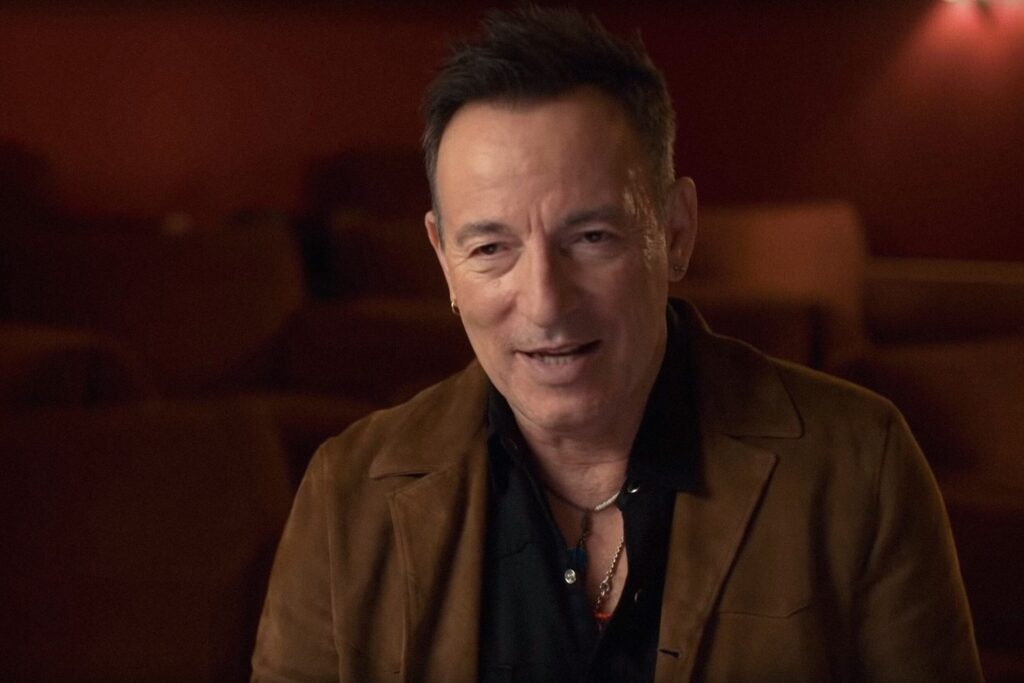
Some stations misunderstood its message entirely. Others avoided it due to political controversy. The song challenged patriotic assumptions. Radio treated it cautiously.
It became one of Springsteen’s biggest hits. Misinterpretation fueled debate. Protest hid behind an anthem. Time revealed its depth.
40. “Lola” by The Kinks
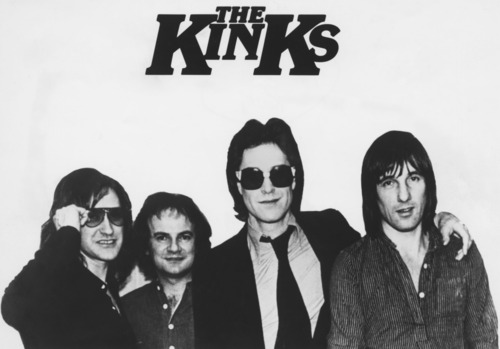
References to gender identity led to bans in some regions. Others objected to brand mentions. Radio edits altered lyrics heavily. The song quietly pushed boundaries.
Fans embraced its humor and honesty. Over time, it gained respect. Early bans faded. Today, it’s celebrated for its bravery.
41. “Imagine” by Ariana Grande

Following the 2017 Manchester Arena bombing, Ariana Grande’s “Imagine” briefly became a sensitive subject for radio programmers. While the song itself wasn’t political or explicit, its title and dreamy tone made some stations hesitant during a period of intense public grief. A handful of broadcasters quietly pulled it from rotation, worried it might feel emotionally dissonant while audiences were still processing tragedy. The hesitation had nothing to do with content and everything to do with timing.
The pause was temporary, but it revealed how quickly context can affect airplay decisions. Fans continued streaming the song heavily, and it soon returned to radio without controversy. In hindsight, the brief pullback reflects how radio sometimes reacts cautiously during moments of collective mourning. Even a song built on hope can feel complicated when emotions are raw.
42. “Papa Don’t Preach” by Madonna
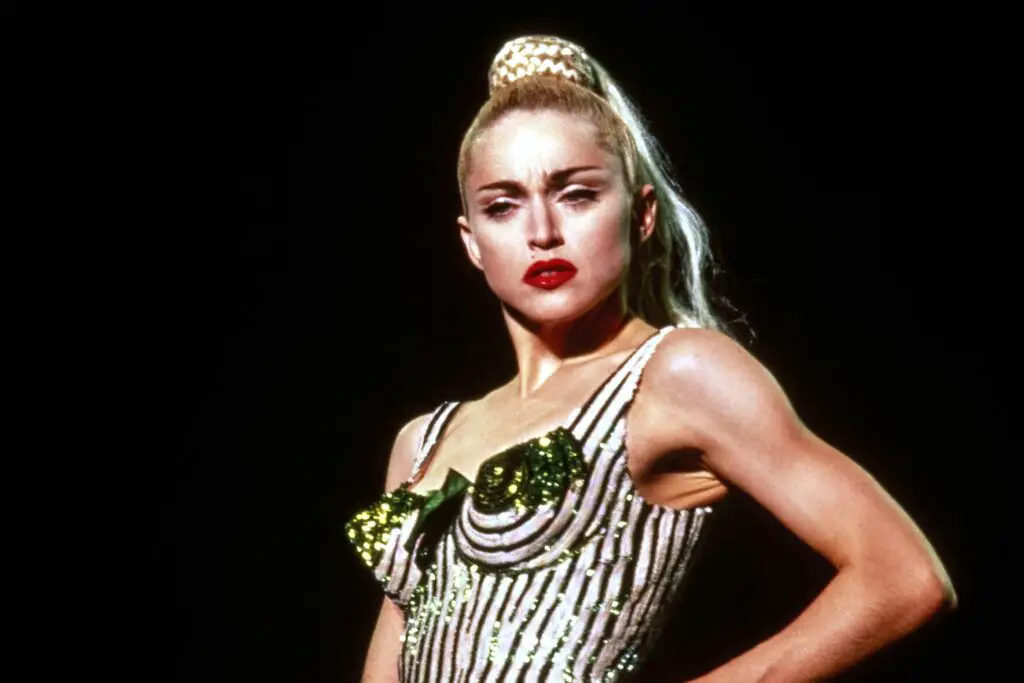
When Madonna released “Papa Don’t Preach” in 1986, controversy followed almost immediately. The song’s storyline about an unplanned pregnancy sparked backlash from religious groups and conservative commentators. Some radio stations refused to play it, arguing that it encouraged teen pregnancy or challenged traditional family values. Others worried the subject matter would invite complaints they weren’t prepared to handle.
Madonna defended the song as a realistic portrayal of a young woman facing a complicated choice. Despite resistance, it became one of her biggest hits and dominated the charts. The attempted bans only intensified public conversation around the song. Today, it’s remembered as a turning point when pop radio was forced to confront real life issues head-on.
43. “We Didn’t Start the Fire” by Billy Joel
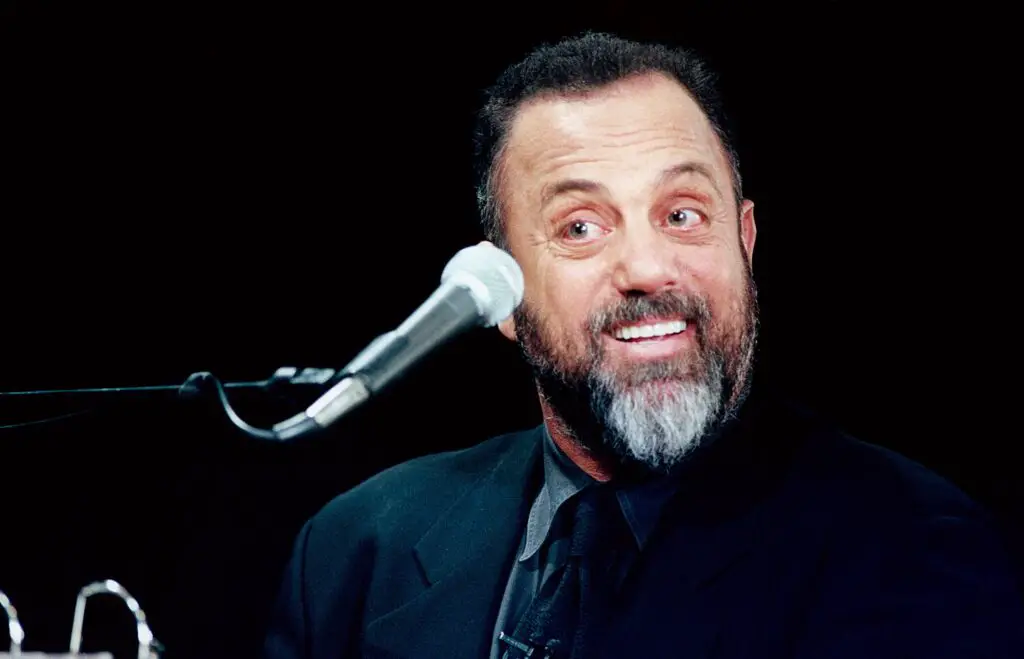
Billy Joel’s rapid-fire history lesson wasn’t universally welcomed by radio when it was released in 1989. Some stations hesitated to embrace it, worried listeners would find the dense stream of historical references overwhelming or confusing. Others felt the political and cultural content was too heavy for regular pop rotation. As a result, airplay varied depending on format and market.
Despite early caution, the song quickly became a cultural phenomenon. Listeners began using it as a reference point for history, memorizing lyrics and debating their meaning. What once felt risky became one of Joel’s most recognizable works. Over time, the song proved that audiences were willing to engage with complexity when given the chance.
44. “Good Golly, Miss Molly” by Little Richard
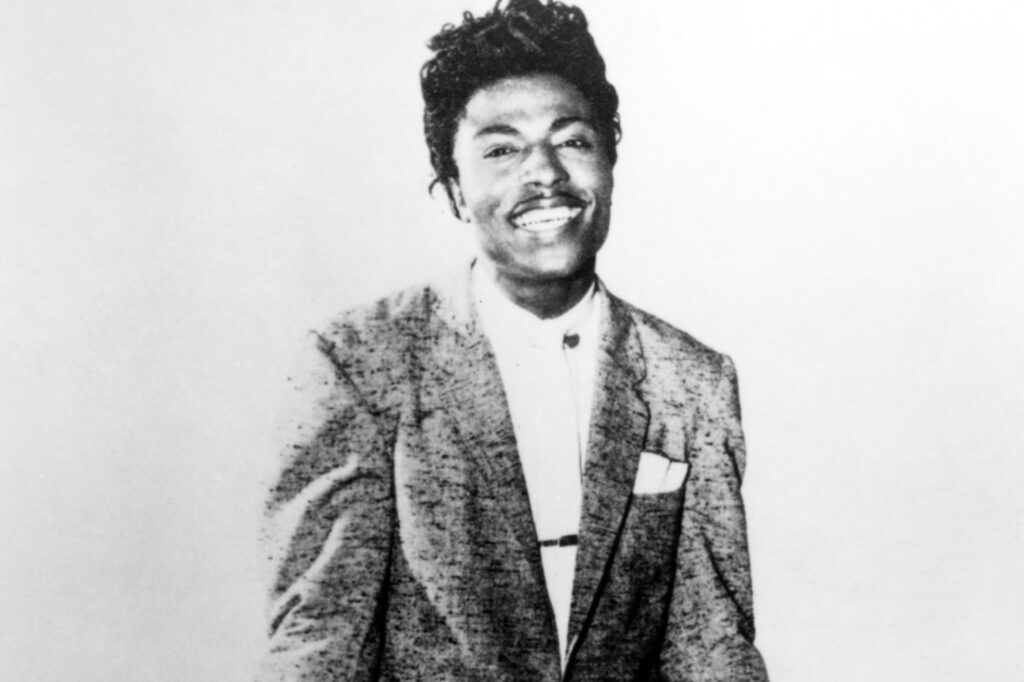
When Little Richard burst onto the radio in the late ’50s, some stations weren’t ready for his explosive sound. “Good Golly, Miss Molly” was loud, wild, and unapologetically energetic, which frightened programmers who already viewed rock and roll as dangerous. A number of stations limited its airplay, concerned that its raw intensity encouraged rebellion and disorder among young listeners.
The restrictions didn’t slow the song’s momentum. Teenagers embraced its urgency, and musicians took notice of its fearless delivery. Over time, it became one of the foundational tracks of rock history. What radio once tried to contain helped change popular music forever, cementing Little Richard’s influence for generations to come.
